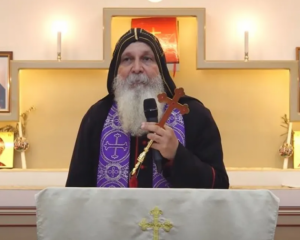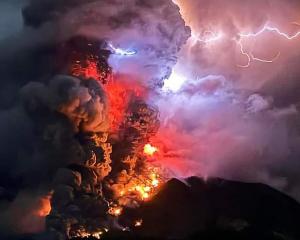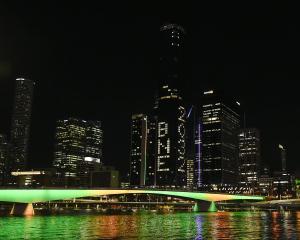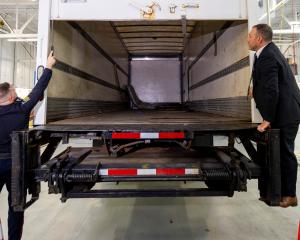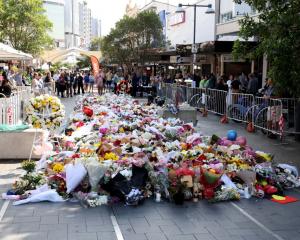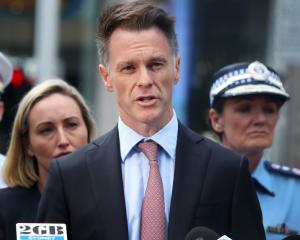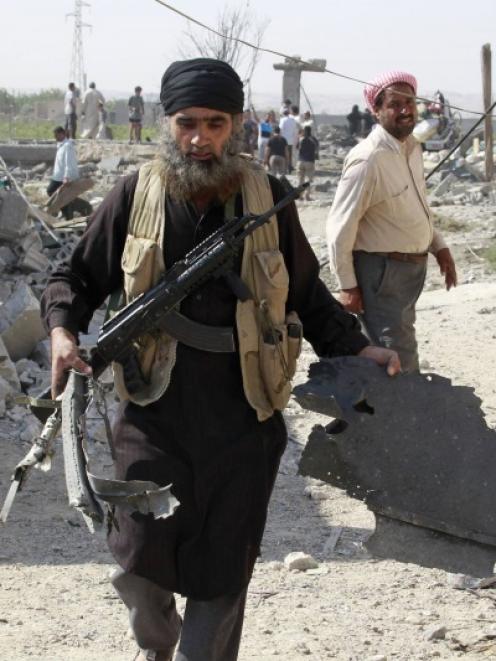
Defense Secretary Chuck Hagel said the military's current plan would be outlined to President Barack Obama on Wednesday (local time) by the U.S. military's Central Command and envisioned striking the group's safe havens to knock out infrastructure, logistics and command capabilities.
General Martin Dempsey, the top U.S. military officer, said the strikes would degrade the group's capabilities there as broader efforts get underway, including training of Syrian fighters in Saudi Arabia.
"This won't look like a 'shock and awe' campaign because that's simply not how (the Islamic State group) is organized. But it will be a persistent and sustainable campaign," Dempsey told the Senate Armed Services Committee.
'Shock and awe' was a term popularly used to describe the initial air assault on Baghdad in the U.S. campaign to oust Saddam Hussein in 2003, and refers to a military doctrine about overwhelming use of force to undermine an enemy's will to fight.
In a televised address last week, the Democratic president declared he would lead an alliance to root out Islamic State, plunging the United States into two conflicts in which nearly every country in the Middle East has a stake.
Hagel and Dempsey aimed to help make Obama's case to Congress for broadening operations against the Sunni militants, which would include U.S. airstrikes in Syria for the first time, as well as more strikes and military advisers in Iraq.
A vote in the U.S. House of Representatives could take place this week on Obama's request for $500 million to arm and train moderate Syrian rebels, one part of his program.
Hagel said those funds would allow the training of more than 5,000 Syrian fighters in the first year, but he acknowledged that would only be a step in turning the tide against Islamic State fighters.
"Five thousand (trained fighters) is a beginning ... this is part of the reason this effort is going to be a long term effort," Hagel said.
"Five thousand alone is not going to be able to turn the tide. We recognize that."
The Senate hearing was repeatedly interrupted by anti-war protesters, shouting slogans such as "There is no military solution." One protester was escorted out of the room while holding a sign that read: "More war = More extremism."
Obama has sought to draw a line between the growing U.S.-led campaign against the Islamic State group and the deeply unpopular ground wars in Iraq and Afghanistan, saying he would not deploy American troops on a combat mission.
However, Hagel acknowledged that there will be about 1,600 U.S. personnel in Iraq responding to the threat from the Islamic State. Dempsey said there was no intention for troops to participate in direct combat but did not rule out a deeper ground role.
"If the Iraqi security forces and the (Kurdish peshmerga)were at some point ready to retake Mosul, a mission that I would find to be extraordinarily complex, it could very well be part of that particular mission to provide close combat advising or accompanying for that mission," Dempsey said.



